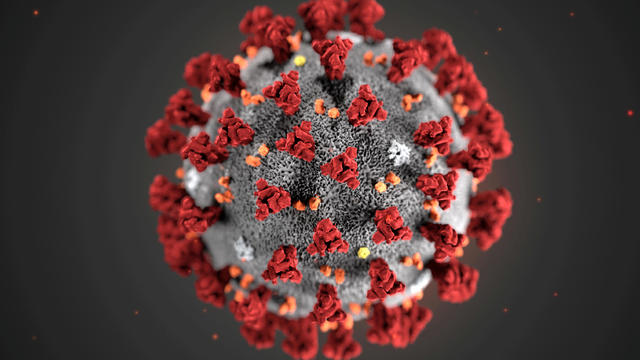
Ohio researchers discover new strain of COVID-19
"The mutations in the Columbus strain are likely to make the virus more infectious, making it easier for the virus to pass from person to person," Ohio State University said in a statement.
Watch CBS News
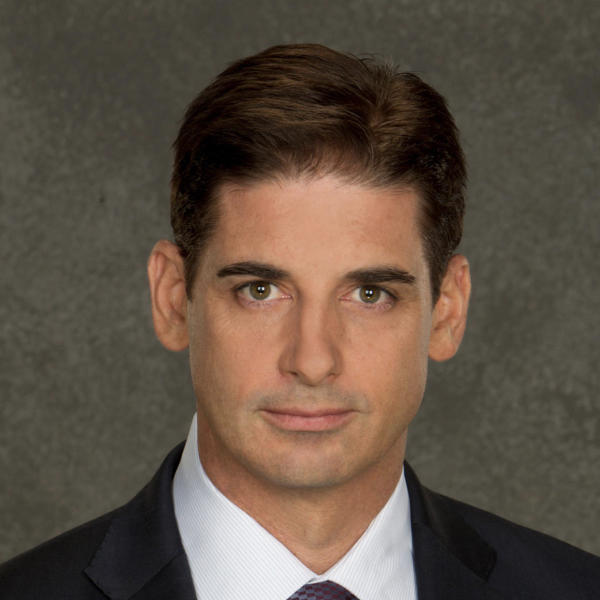
Carter Evans was named a Los Angeles-based correspondent for CBS News in February 2013, reporting across all of the network's platforms.
He joined CBS News with nearly 20 years of journalism experience, covering major national and international stories.
Evans received nationwide attention for his February 2013 coverage of the police shootout with suspected killer and former LAPD officer Christopher Dorner. He was the only reporter on the scene when authorities closed in on Dorner after an intense manhunt in Big Bear, California. Most recently, Evans was a freelance correspondent for CBS News.
Previously, he spent four years as a business correspondent for CNN Newsource, contributing more than 20 live shots per day and serving as the rotating host of CNN's financial Q&A segment "The Help Desk." He also covered the 2010 BP oil spill, the 2011 Japanese earthquake and tsunami, Hurricane Irene, the 10th anniversary of the Sept. 11 attacks, and reported the "Great Recession" from the New York Stock Exchange trading floor.
Earlier, Evans reported and anchored for WNYW/WWOR-TV in New York. He also served as a freelance correspondent for CBS Newspath, covering the California wildfires and filling in for "CBS MoneyWatch."
Evans first moved to Los Angeles, California, in 2003 and spent the next four years reporting for KCBS/KCAL, where he covered the death and state funeral of President Ronald Reagan. He also reported on the red carpet for E! News and hosted their countdown show to the Golden Globes in 2004.
Evans began his journalism career in 1995 as a freelance reporter for the CBS affiliate KGMB-TV in his hometown Honolulu, Hawaii. He graduated in 1998 from Ithaca College with a B.A. degree in broadcast journalism and a minor in philosophy.
He has two children.

"The mutations in the Columbus strain are likely to make the virus more infectious, making it easier for the virus to pass from person to person," Ohio State University said in a statement.
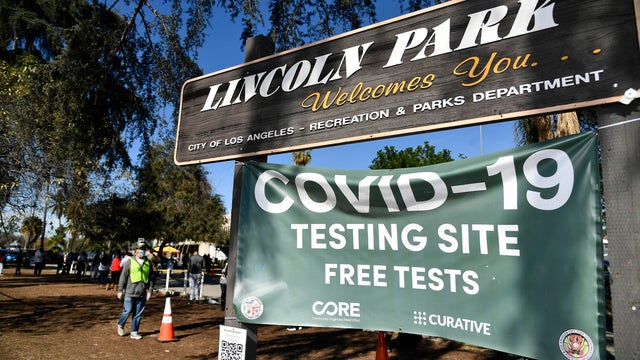
Hospitals in Southern California are at the breaking point with 1 in 5 COVID-19 tests coming back positive.
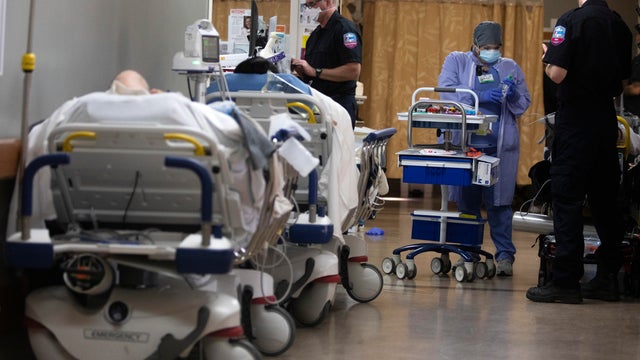
The first U.S. case of a new COVID-19 strain was reported as holiday gatherings led to record-breaking surges in coronavirus cases.
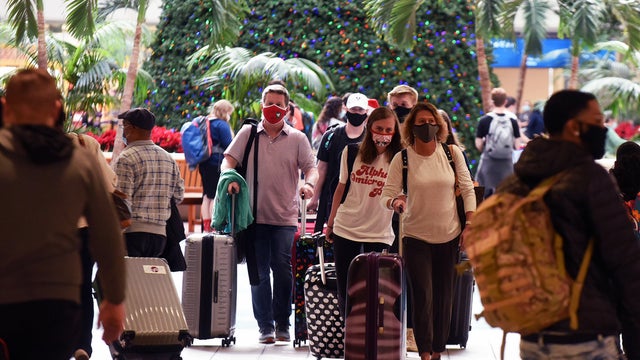
More passengers jammed airports on Sunday than any day since the coronavirus pandemic began.
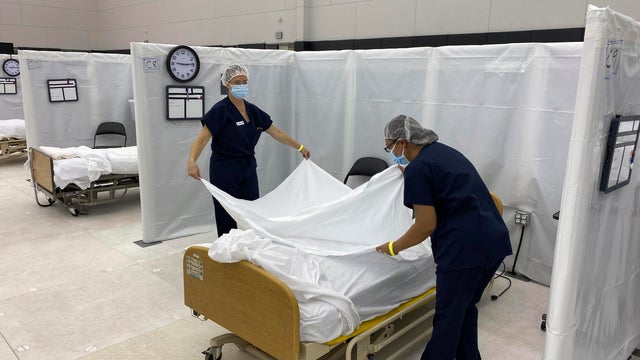
There are no more open intensive care unit beds in the entire Southern California region.
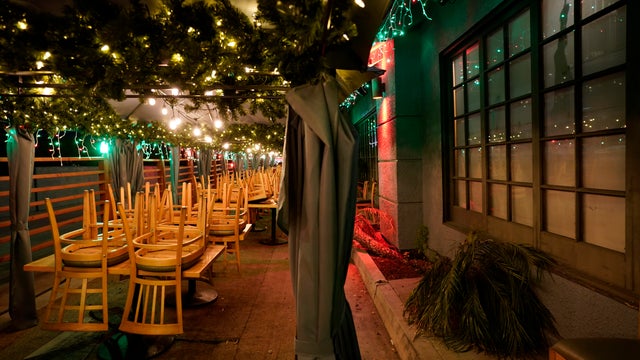
California's governor, along with several Bay Area counties, have put 33 million people under virtual lockdown as hospitals across the state are filling up fast and cases are spiking.
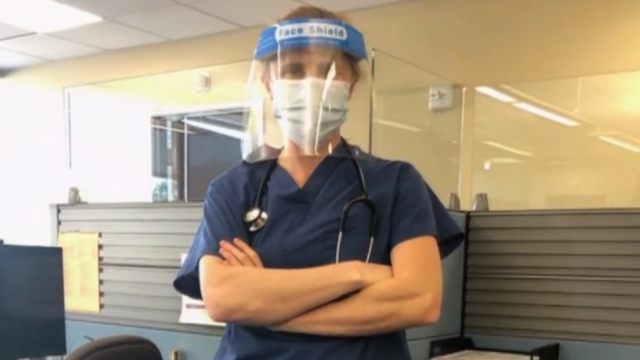
Rachel Buehler Van Hollebeke graduated from medical school just before COVID-19 gained traction.
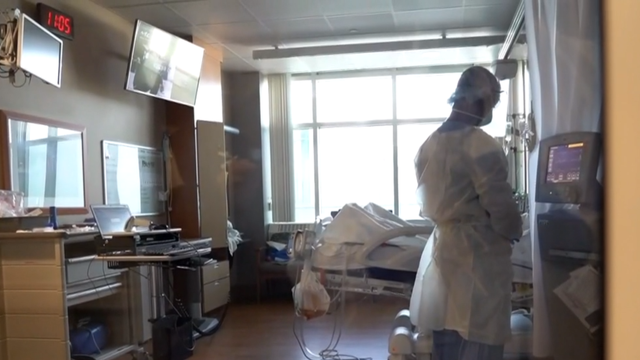
Large cities initially bore the brunt of the pandemic and while COVID-19 cases are increasing again, nowhere are they rising faster than rural areas.
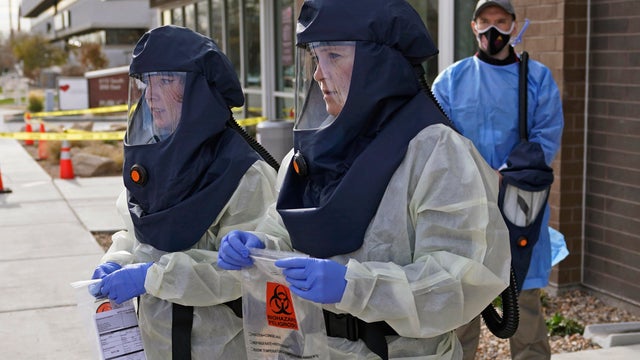
With the coronavirus crisis now at a breaking point, more states are cracking down, issuing restrictions as infections skyrocket.
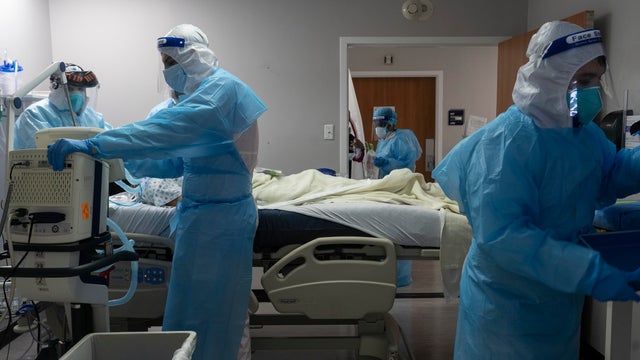
Hospitals are overwhelmed with the growing number COVID-19 patients being brought in, while state leaders have announced new measures to try to control the spread of the virus.
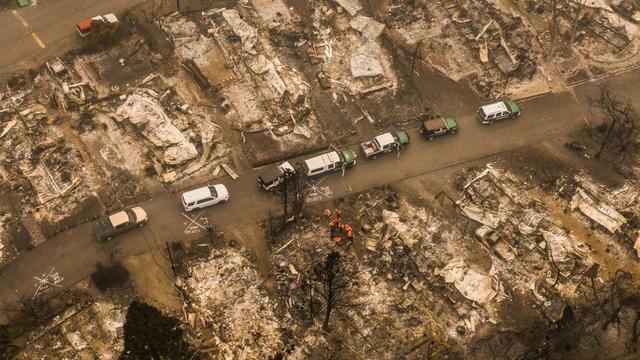
More than half a million people — 12% of the state's population — have fled their homes in Oregon.
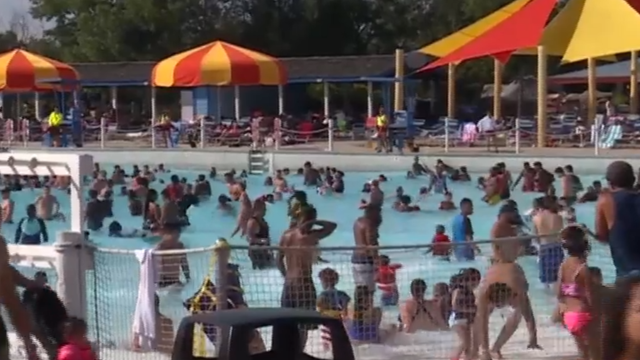
With the Labor Day weekend just days away, Dr. Anthony Fauci says how America behaves this holiday weekend will determine how COVID-19 spreads through the end of the year.
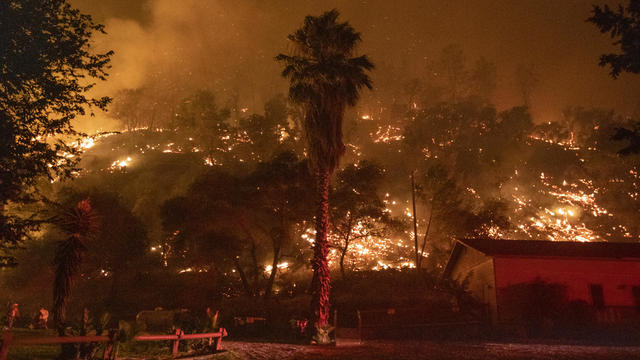
Nearly 12,000 firefighters are battling the blazes, which have already scorched an area three times the size of Los Angeles.
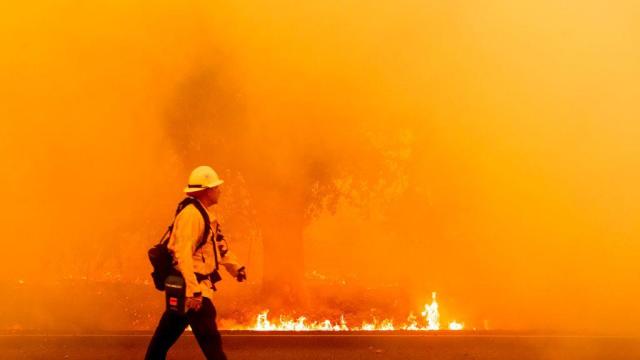
Thousands of people have been forced to leave their homes due to several wildfires that are tearing through countless acres of land in California.
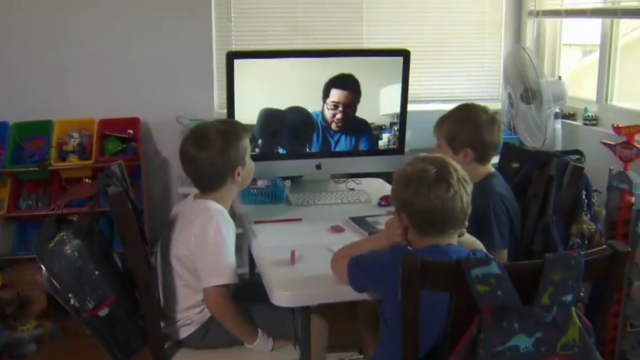
The pods can give working parents a much-needed break, but not everyone can afford the tutors necessary.